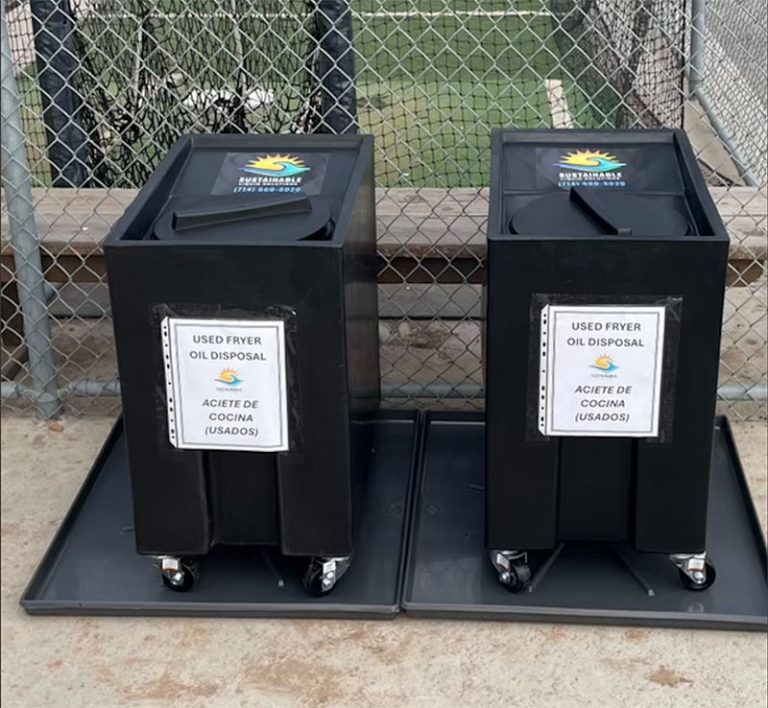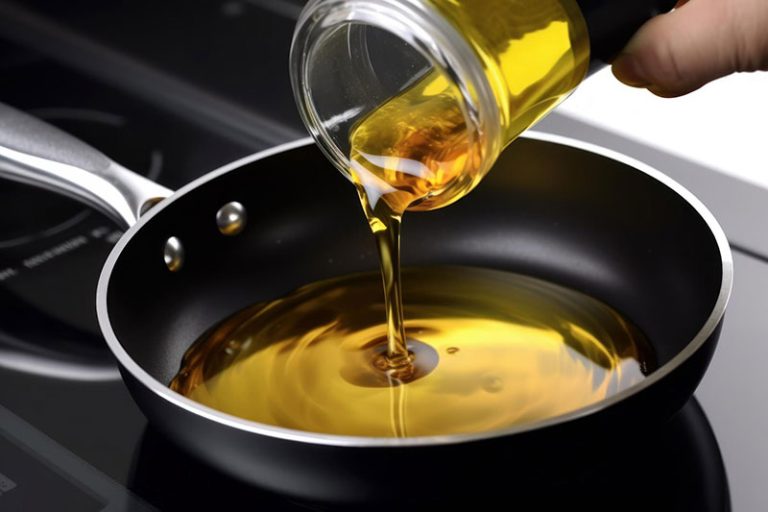A Cleaner Future: The Environmental Impact of Cooking Oil Recycling
Every drop of used cooking oil holds potential far beyond your restaurant’s kitchen. When disposed of improperly, this waste can wreak havoc on plumbing systems and ecosystems. But when recycled, it transforms into biodiesel, a renewable fuel that plays a critical role in reducing environmental harm. Cooking oil recycling is not just a responsibility—it’s an opportunity to make a measurable difference for the planet while improving your business operations.
The Problem with Improper Disposal
Used cooking oil might seem harmless, but its environmental impact tells a different story. When poured down drains, it solidifies and builds up in plumbing systems, leading to clogs and costly repairs. These clogs extend to municipal sewer systems, contributing to “fatbergs” that are expensive to remove and disruptive to public infrastructure.
Beyond the pipes, improper disposal harms ecosystems. Cooking oil that reaches waterways creates surface films that block sunlight and reduce oxygen levels, endangering aquatic life. The cumulative effect is a ripple of damage that extends far beyond a single restaurant or kitchen.
Recycling as a Solution
Recycling used cooking oil offers an elegant solution to these problems, turning waste into a resource. Through careful collection and processing, oil that would otherwise contribute to pollution is transformed into biodiesel. This renewable energy source has a significantly smaller carbon footprint than petroleum-based fuels, making it a critical tool in combating climate change.
The process is straightforward but impactful. Recycling partners collect the oil and transport it to facilities where it is filtered, treated, and converted into biodiesel. Unlike disposal methods that exacerbate environmental problems, recycling offers a sustainable pathway that benefits everyone.
The Environmental Benefits of Biodiesel
The biodiesel produced from used cooking oil offers substantial environmental advantages. First, it reduces greenhouse gas emissions by up to 78% compared to petroleum diesel. This reduction is a game-changer for industries seeking ways to lower their carbon footprints.
Biodiesel also eliminates sulfur oxide emissions, which are a leading cause of acid rain. It generates fewer particulates, contributing to cleaner air in communities. Additionally, biodiesel is biodegradable and non-toxic, meaning it poses no lasting harm to the environment.
The lifecycle of biodiesel is another testament to its sustainability. From production to combustion, it provides more energy than it consumes, yielding 3.2 units of fuel energy for every unit of fossil energy used. This energy efficiency underscores its role as a viable alternative to traditional fuels.
The Role of Businesses in Environmental Stewardship
For restaurants and commercial kitchens, participating in oil recycling is a tangible way to contribute to environmental sustainability. By recycling used cooking oil, businesses actively reduce the demand for fossil fuels and lower the risk of pollution in their communities.
The benefits extend beyond environmental impact. Recycling positions your business as a leader in sustainability, which resonates with modern consumers. Diners increasingly prefer to support eco-friendly establishments, and your efforts can help attract this growing demographic. Sharing your commitment to recycling through marketing materials, social media, and even menu notes strengthens your brand and builds customer loyalty.
Longview’s Commitment to Sustainability
At Longview Environmental, we make it easy for businesses to embrace sustainability through our comprehensive recycling programs. We provide everything you need to get started, from high-quality storage containers to regular oil collection services. Our team ensures that your used oil is handled responsibly, maximizing its potential for renewable energy production.
Every Drop Counts
The choice to recycle used cooking oil is about more than compliance—it’s about taking meaningful action to protect the planet. Each gallon of recycled oil contributes to cleaner air, healthier ecosystems, and a sustainable energy future.
Now is the time to make a difference. Partner with Longview to turn your kitchen waste into a powerful force for change. Together, we can create a cleaner, greener tomorrow.








